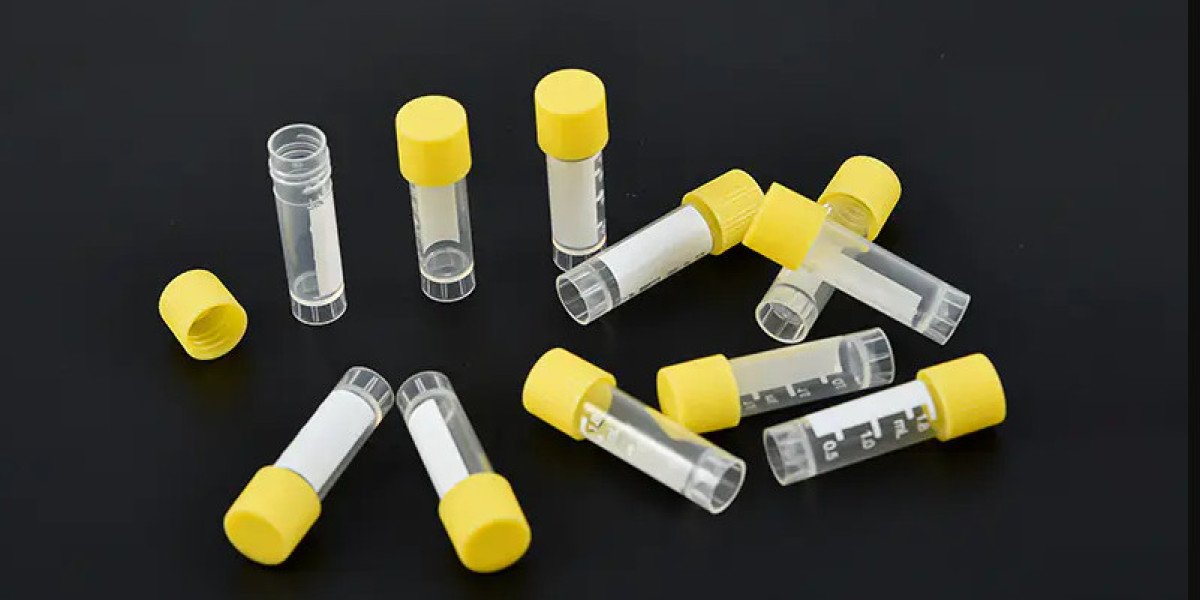Disposable Centrifugal Tube are widely used in laboratories and research facilities for separating mixtures through centrifugal force. These tubes offer a convenient solution for handling small to medium sample volumes without the need for extensive cleaning or sterilization. Typically made from medical-grade plastics, disposable centrifugal tubes are designed to withstand the forces generated in centrifugation while maintaining sample integrity.
One of the key applications of these tubes is in clinical laboratories for blood and urine sample processing. By spinning samples at high speeds, cellular components can be separated from plasma or serum efficiently. This separation is essential for diagnostic tests, including hematology and biochemistry assays. In addition to clinical use, disposable centrifugal tubes are employed in molecular biology research, such as DNA and RNA extraction procedures, where contamination control is critical.
The design of disposable centrifugal tubes often includes clear markings for accurate measurement of samples. Screw caps or snap caps are commonly used to prevent leakage during centrifugation. Many tubes are also compatible with various rotor sizes, allowing flexible use with different centrifuge models. Laboratories benefit from using disposable tubes because they reduce cross-contamination risks and simplify workflow.
In addition, these tubes are increasingly used in pharmaceutical and biotechnology industries for small-scale sample separation and purification. Their disposable nature ensures that each experiment or batch starts with a clean vessel, maintaining sample integrity and reproducibility. Overall, disposable centrifugal tubes provide a practical, reliable, and cost-efficient solution for multiple laboratory applications.









